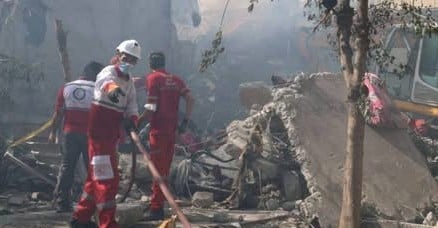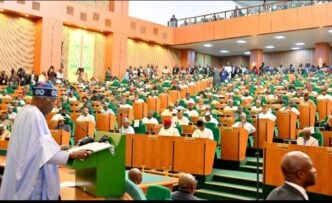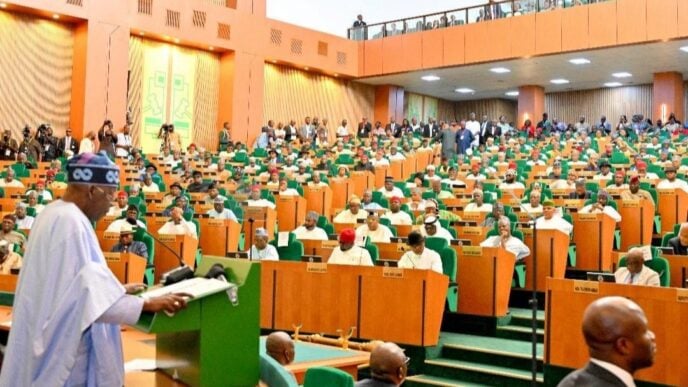Israel has intensified its barrage of attacks targeting Iran’s nuclear programme and military leadership.
Explosions were first heard in Tehran, Iran’s capital, last night after Israel launched strikes at the Natanz nuclear facility.
Iranian media reported 78 people killed and 329 injured.
Israeli defence officials said the missiles likely killed members of Iran’s military leaders, including Hossein Salami, commander-in-chief of Iran’s Islamic Revolutionary Guard, and several senior nuclear scientists.
Advertisement
Iran has vowed a “lethal” response.
Natanz is the principal site for large-scale uranium enrichment – the process which produces material for civilian or military nuclear use.
Although Iran has denied having an interest in nuclear weapons, the International Atomic Energy Agency (IAEA) recently assessed that the Middle Eastern nation could – theoretically – produce nine nuclear bombs if the site was refined to military-grade level.
Advertisement
In April, US President Donald Trump warned that if Iran does not accept a deal aimed at enforcing stringent limitations on its nuclear capabilities, it would be in “great danger”.
In the previous month, Trump said there would be “bombing” if Iran did not abide by US terms.
But the US has said it played no part in Israel’s latest strike.
However, on Friday, Trump urged Iran to make a deal on its nuclear programme, warning of “even more brutal” Israeli attacks.
Advertisement
In the latest series of attacks, a spokesperson for the Israeli Defence Forces (IDF) said more strikes were launched against a nuclear plant in Isfahan in addition to previous attacks on Natanz.










